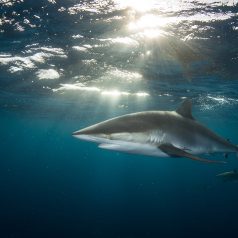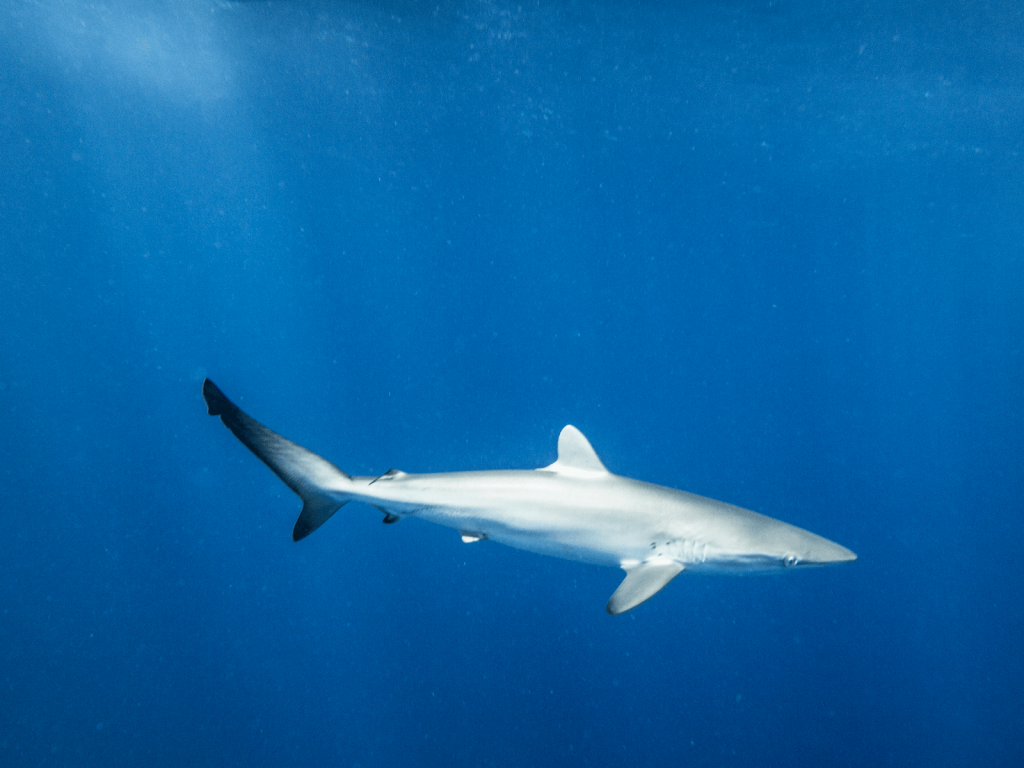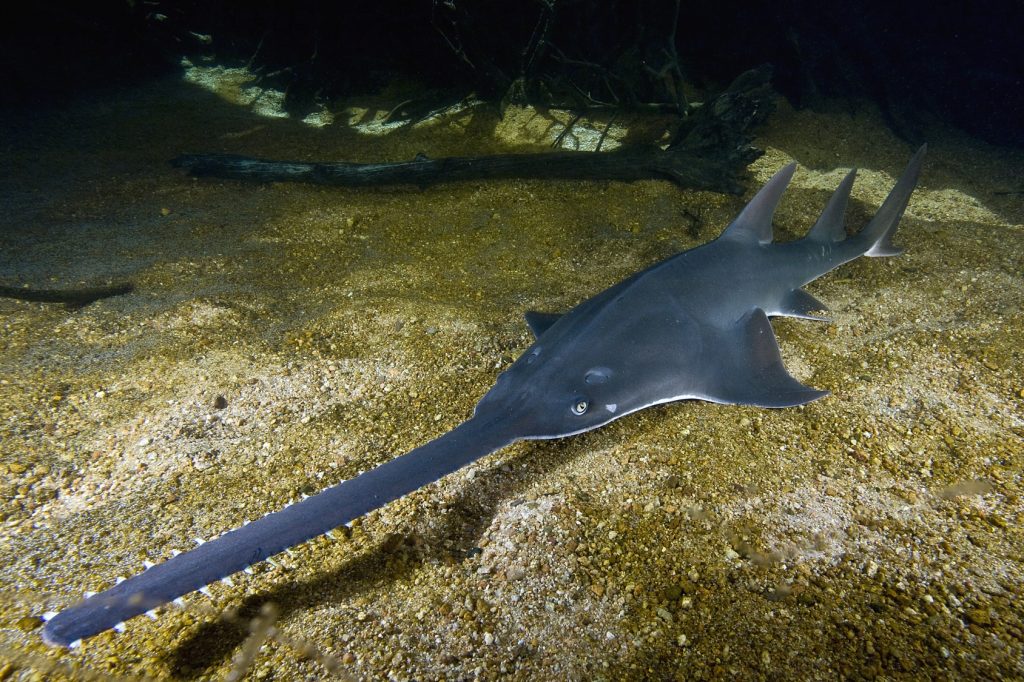
Last week Caribbean nations agreed to add two more species to the Annexes of the Specially Protected Areas and Wildlife (SPAW) Protocol, the only transnational legal instrument for the environment of the Caribbean. At the insistence of the Kingdom of the Netherlands, regional SPAW member governments unanimously decided to recommend largetooth sawfish and silky shark for (obligatory) protection under SPAW.
“We are very pleased that our proposals could count on so much support,” said Paul Hoetjes, of Coordinator of nature policy for the Caribbean Netherlands of the Dutch Ministry of Agriculture, Nature and Food Quality (LNV). “Through the SPAW protocol, signatory countries have made firm commitments to ensure the protection of these unique animals.”
Just this week, a study was published classing the Largetooth Sawfish (Pristis pristis) as the elasmobranch* species most in danger of extinction. Human activities like overfishing and destruction of vital habitats such as coral reefs and mangrove forests have caused this decline. In the case of Silky Sharks, the numbers have been severely reduced by overfishing around the world and protection is now needed to prevent further decline.
The Dutch elasmobranch Association (NEV) worked closely with the Ministry of LNV, providing the scientific input for the proposals and ensuring they were aligned with other international standards.
Irene Kingma, director of the NEV: “In 2015 we started working with the Kingdom of the Netherlands on protection of sharks and rays under SPAW. We are very happy to continue this partnership which has resulted in better protection of these iconic species.”
“We are elated to see that these two very important species can now gain legal protection in the Caribbean Sea and look forward to the listing of additional species, making the Caribbean a global safe-haven for elasmobranchs,” commented Tadzio Bervoets, leader of the Save our Sharks project of the Dutch Caribbean Nature Alliance, funded by the Dutch Postcode Lottery.
The adoption of the proposal is an important first step toward permanent inclusion on the protocol. In March the final decision will take place at the SPAW Conference of the Parties after which the protection will come into force.


Copyright top photo: Peter de Maagt





